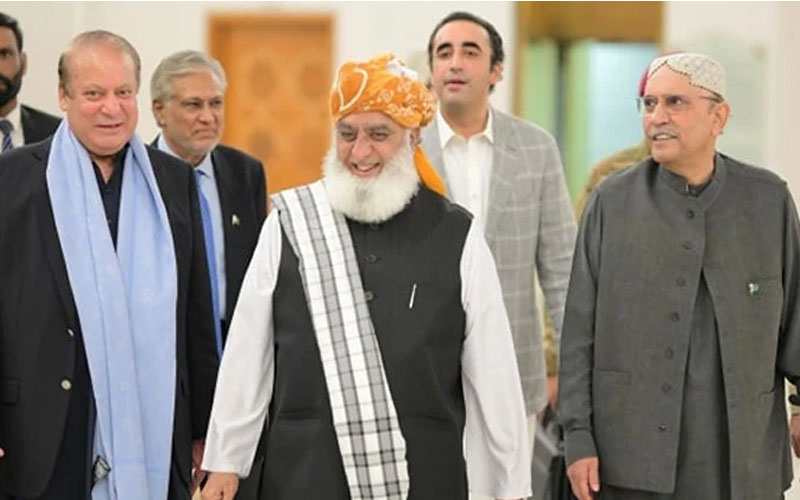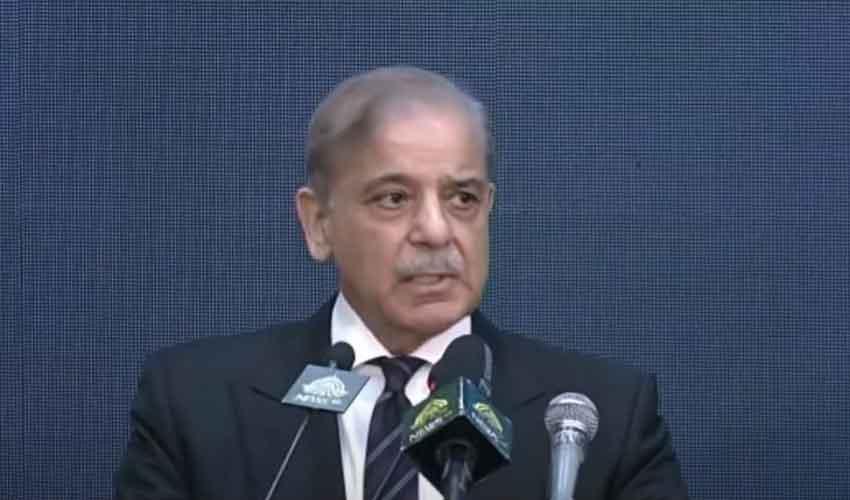In a significant development for Pakistan’s legal landscape, all major political parties have reached a consensus on the 26th constitutional amendment, focusing on judicial reform and public interest.
The agreement was solidified during a meeting on Tuesday night between Jamiat Ulema-e-Islam chief Maulana Fazlur Rehman and leaders from the Pakistan People's Party (PPP).
Following this, a discussion with Pakistan Muslim League-Nawaz (PML-N) leader Nawaz Sharif at Jati Umra confirmed a collaborative approach to the proposed amendments.
Leaders from the three major parties and several smaller parties have expressed complete agreement on the constitutional changes, stating that the establishment of a Federal Constitutional Court or a Federal Constitutional Bench would not alter their goals.
The primary aim is to enhance the judiciary's capacity and efficiency. By creating a separate forum for constitutional and legal cases, the backlog of daily cases, especially in the higher courts, can be significantly reduced.
Legal experts emphasize the urgency of addressing the thousands of pending cases across the country’s courts. The formation of a constitutional court or bench is expected to aid in alleviating these numbers.
It is crucial to clarify that the overarching objectives of the proposed constitutional reforms include establishing a High-Powered Commission for judicial oversight. Claims that the 26th Amendment could impose restrictions on the judiciary are seen as mere propaganda, lacking any substantive basis. Instead, the amendments aim to empower the judiciary, ultimately benefiting the public by facilitating quicker resolutions to ongoing cases.



























